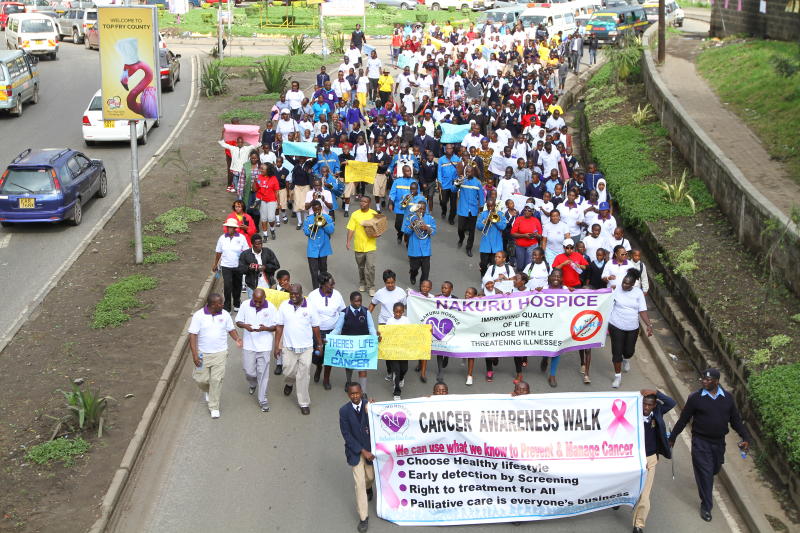×
The Standard e-Paper
Fearless, Trusted News

Women in Kenya who drink heavily are more likely to screen for cervical cancer than light drinkers or abstainers, a Ministry of Health report has said.
Women with risky lifestyles such as binge drinking, excess sugar intake and too little physical activity, the ministry said, had high rates of screening.